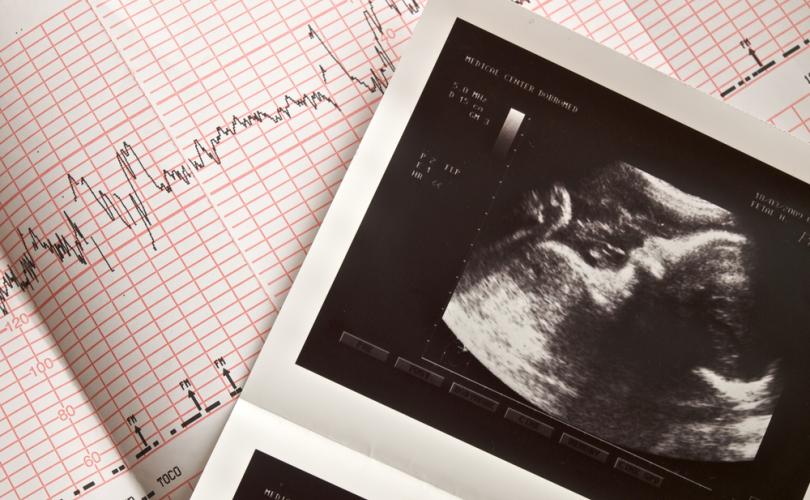
ATLANTA (LifeSiteNews) — The Georgia Supreme Court stepped in on Monday to restore the state’s ban on aborting babies with detectable heartbeats, just days after a lower court blocked the law as “unconstitutional.”
Enacted in 2019, the Living Infants Fairness and Equality (LIFE) Act forbids abortions on the basis of fetal heartbeats (as early as six weeks) except in cases of rape, incest, physical “medical emergencies,” and pregnancies deemed “medically futile.”
The law became enforceable when the U.S. Supreme Court overturned Roe v. Wade three years later, although pro-abortion activists continued their efforts to tear down the law through the courts. Abortion – the destruction of an innocent unborn baby – is always gravely immoral and never needed nor justifiable for alleged “health” reasons.
On September 30, Fulton County Superior Court Judge Robert McBurney declared the LIFE Act was “unconstitutional” because “the liberty of privacy means that [pregnant women] alone should choose whether they serve as human incubators for the five months leading up to viability,” in defiance of a 6-1 ruling to the contrary, which the Georgia Supreme Court handed down last year.
Now, the Associated Press reports, Georgia’s highest court has reversed McBurney, allowing the heartbeat law to continue being enforced while the abortion industry’s appeal is considered. It did, however, maintain the block on a subsection making women’s health records available to investigators.
Georgia Life Alliance executive director Clare Bartlett praised the primary outcome of the ruling, noting that it ensures Georgia will not become a magnet for abortion seekers from neighboring states.
Pro-life laws have substantially reduced the number of surgical abortions in the two years since Roe was overturned, but the abortion lobby has also been working feverishly to cancel out those deterrent effects through a variety of strategies. Among them are the distribution of abortion pills across state lines, legal protection and financial support of interstate abortion travel, placing abortion facilities near borders shared by pro-life and pro-abortion states, making liberal states havens for those who want to evade or violate the laws of more pro-life neighbors, and embedding so-called abortion “rights” in state constitutions.

